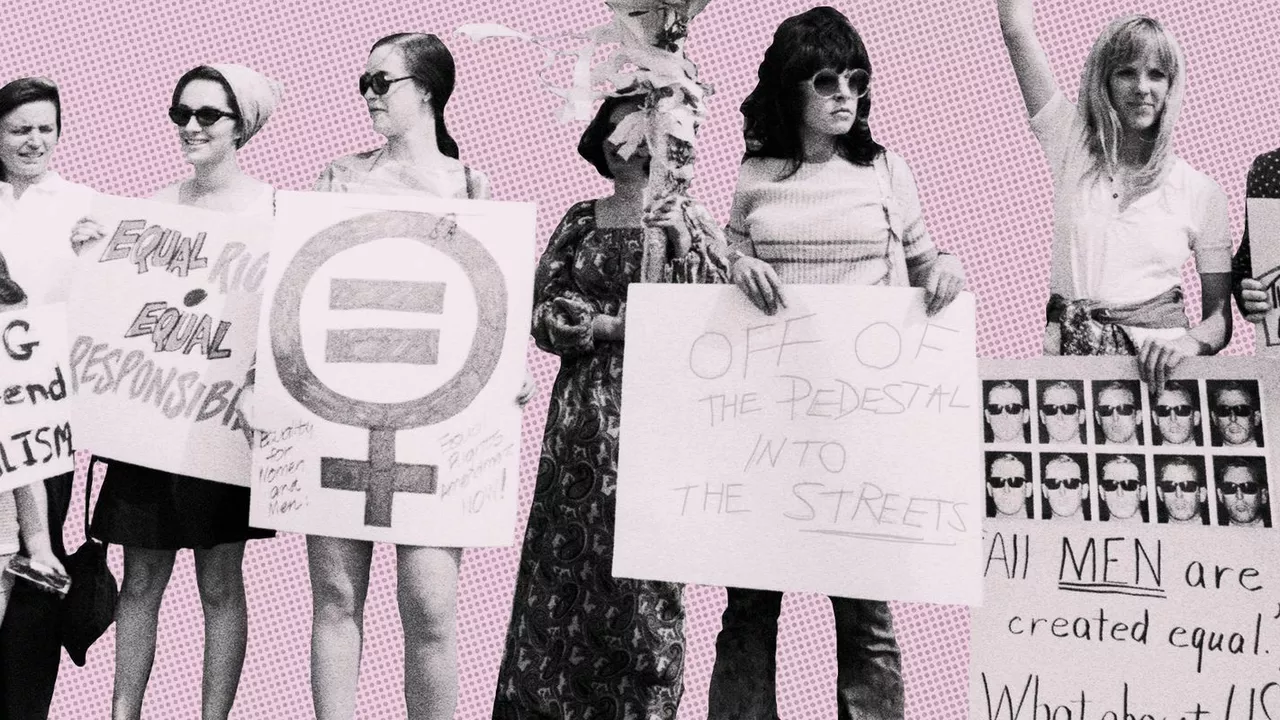What Is Feminist Criticism and Why Should You Care?
Ever wonder why you keep hearing the term "feminist criticism" pop up in reviews, podcasts, or social media debates? At its core, feminist criticism is a way of looking at any piece of culture—books, movies, music, even sports coverage—and asking how gender shapes the story. It asks who gets to speak, who gets ignored, and how power moves around in the narrative.
Think of it like putting on a pair of glasses that highlight gender patterns you might miss the first time around. Those glasses help you see if a female character is just a sidekick, if a news article downplays women’s achievements, or if a sports broadcast focuses more on male athletes. The goal isn’t to attack; it’s to point out bias so creators can do better.
Key Concepts in Feminist Criticism
There are three ideas that come up a lot. First, representation: Are women shown as complex individuals or just stereotypes? Second, voice: Do women get to tell their own stories, or are they spoken for by others? Third, power dynamics: Who decides what’s important, and whose interests are served?
When you read a story, ask yourself: Who’s the hero? Who’s the sidekick? Who’s the villain? If the answers line up with traditional gender roles, that’s a clue the work might be reinforcing outdated ideas.
How Feminist Criticism Shapes Everyday Media
In the world of motorsports, for example, feminist criticism can uncover why race commentary often focuses on drivers’ looks rather than skills, or why female engineers get less screen time. In film, it can reveal why action movies still give men the biggest explosions while women handle the emotional scenes.
These insights matter because they push creators to write more balanced stories. When a writer knows readers are watching for gender fairness, they’re more likely to give a female detective the same depth as a male one, or let a woman’s perspective drive a sports documentary.
Even the posts on this site get a quick gender lens. Take the article about Cristiano Ronaldo’s record in Saudi Arabia—feminist criticism would ask: Does the piece mention female fans or local women’s teams, or does it only celebrate the male star? Asking those questions keeps the conversation fair.
So, next time you scroll through a race recap or a news roundup, try a quick feminist critique. Spot the gaps, think about who’s missing, and you’ll be part of the push for more inclusive media.
Bottom line: Feminist criticism isn’t a niche academic hobby—it’s a practical tool anyone can use to make culture more balanced and honest. Give it a try and see how the stories you love change under a new lens.
